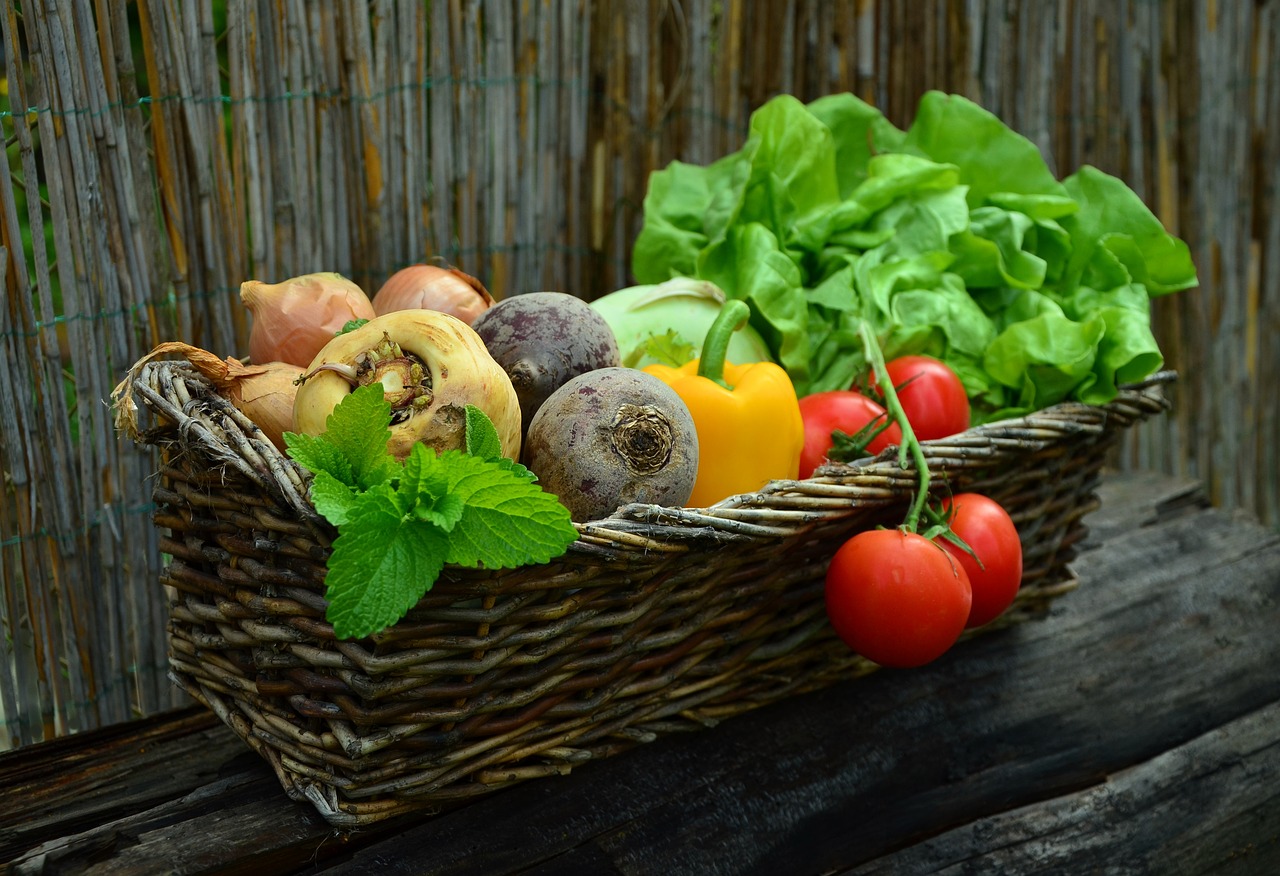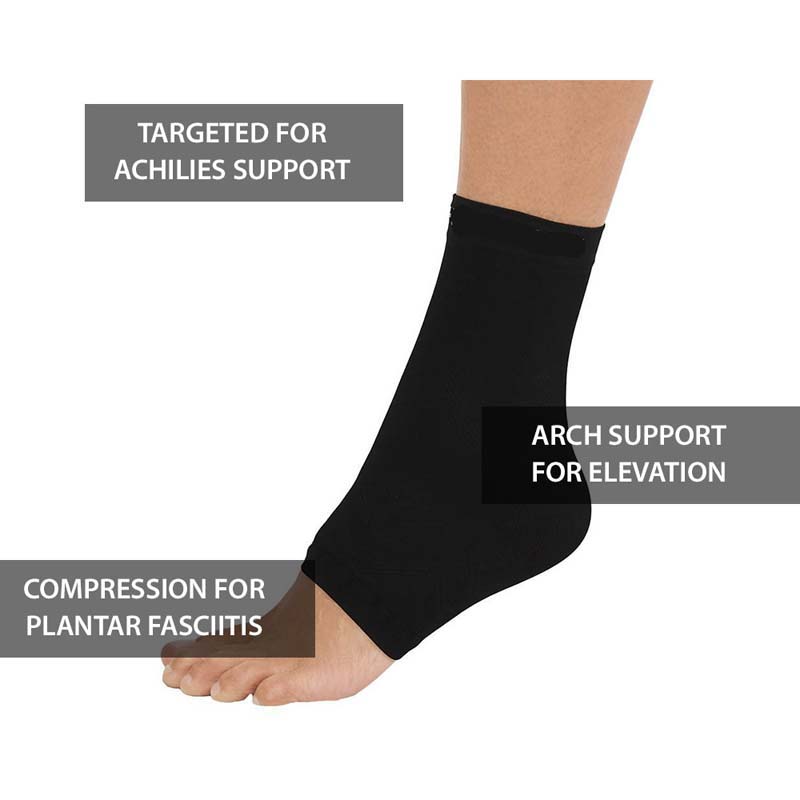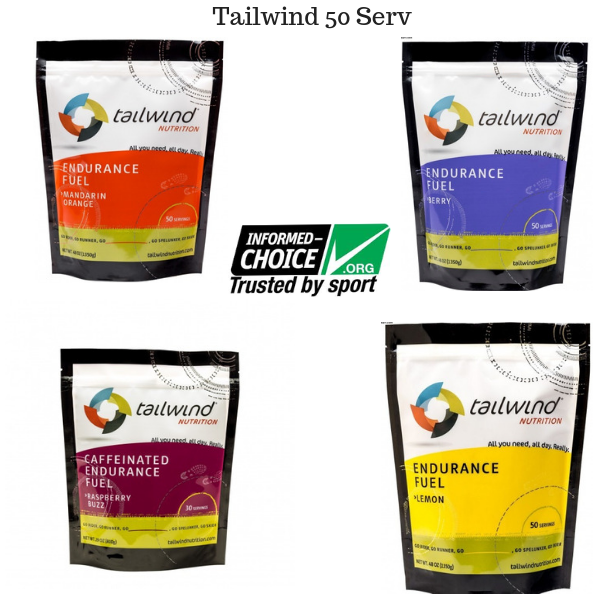Inflammatory Foods and Plantar Fasciitis: What to Avoid

Featured Products for Plantar Fasciitis Foot Pain Relief
Plantar fasciitis, a common cause of heel pain, is characterized by inflammation of the plantar fascia—a thick band of tissue that connects the heel to the toes. While various factors contribute to the development and exacerbation of plantar fasciitis, diet plays a role too. In this blog post, well explore the connection between inflammatory foods and plantar fasciitis, highlighting which foods to avoid to help manage symptoms and promote overall foot health.
Understanding Inflammation:
-
Role of Inflammation:
- Inflammation is the bodys natural response to injury or stress. In the case of plantar fasciitis, chronic inflammation can contribute to pain and discomfort in the heel area.
-
Inflammatory Foods:
- Certain foods are known to promote inflammation in the body. Consuming these regularly may exacerbate inflammation, potentially impacting the severity of plantar fasciitis symptoms.
Foods to Avoid for Plantar Fasciitis:
-
Processed Foods:
- Processed foods, high in trans fats and refined sugars, can contribute to inflammation. Avoid items like packaged snacks, fast food, and sugary treats, as they may worsen inflammation and hinder the bodys natural healing processes.
-
Sugary Beverages:
- Sugary beverages, including sodas and energy drinks, can contribute to inflammation. Excessive sugar intake has been linked to various health issues, including inflammatory conditions.
-
Red and Processed Meats:
- Red and processed meats contain saturated fats that may contribute to inflammation. Consider limiting the intake of red meat, bacon, sausage, and processed meats to help manage inflammation.
-
Dairy Products:
- Some individuals may find that certain dairy products contribute to inflammation. Experiment with reducing or eliminating dairy from your diet to see if it has an impact on your plantar fasciitis symptoms.
-
Refined Grains:
- Foods made with refined grains, such as white bread, pastries, and white rice, can lead to spikes in blood sugar levels and contribute to inflammation. Opt for whole grains for a healthier alternative.
-
Nightshade Vegetables:
- Nightshade vegetables, including tomatoes, peppers, and eggplants, contain alkaloids that some people believe may contribute to inflammation. While research on this is limited, individuals with plantar fasciitis may choose to monitor their consumption of nightshades.
Foods That May Help Reduce Inflammation:
-
Fatty Fish:
- Fatty fish like salmon, mackerel, and sardines are rich in omega-3 fatty acids, known for their anti-inflammatory properties. Incorporating these into your diet may help manage inflammation.
-
Leafy Greens:
- Leafy greens, such as kale and spinach, are packed with antioxidants and anti-inflammatory compounds. Including a variety of greens in your diet can contribute to overall health.
-
Berries:
- Berries like blueberries, strawberries, and raspberries are rich in antioxidants that may help combat inflammation. They also provide essential vitamins and minerals.
-
Turmeric:
- Turmeric contains curcumin, a compound with powerful anti-inflammatory properties. Consider adding turmeric to your dishes or taking curcumin supplements to support inflammation management.
-
Ginger:
- Ginger has anti-inflammatory and antioxidant effects. Including fresh ginger in your meals or drinking ginger tea may contribute to reducing inflammation.
-
Olive Oil:
- Extra virgin olive oil is a healthy source of monounsaturated fats and contains anti-inflammatory compounds. Use it as a cooking oil or drizzle it over salads for added benefits.
Individual Sensitivities:
-
Food Diary:
- Keep a food diary to track your diet and identify potential triggers. Pay attention to how different foods affect your plantar fasciitis symptoms, and consider consulting with a healthcare professional for personalized advice.
-
Consult with a Nutritionist:
- If you suspect that certain foods may be contributing to inflammation and exacerbating plantar fasciitis symptoms, consult with a nutritionist or dietitian. They can provide guidance on creating a personalized, anti-inflammatory diet plan.
Conclusion:
While diet alone may not be a cure for plantar fasciitis, making informed choices about the foods you consume can contribute to managing inflammation and supporting overall foot health. By avoiding inflammatory foods and incorporating anti-inflammatory options into your diet, you may find relief from plantar fasciitis symptoms and enhance your overall well-being. As always, consult with healthcare professionals for personalized advice tailored to your specific needs and condition.
Featured Products for Plantar Fasciitis Foot Pain Relief
Latest Blogs
- Taking a Stand Against Heel Pain: Practical Solutions
- Happy Heels, Happy Life: Banishing Foot Pain for Good
- The Road to Relief: Strategies for Combating Heel Pain
- Heel to Toe Wellness: Tackling Foot Pain Head-On
- Foot Pain Decoded: Understanding the Signals Your Feet Send
- Soothing Steps: Natural Remedies for Heel and Foot Pain
- Putting Your Best Foot Forward: Managing Heel Discomfort
- The ABCs of Happy Feet: Beating Heel and Foot Pain
- From Heel to Toe: Navigating Common Foot Pain Issues
- Taking a Step Back: Causes and Remedies for Heel Pain
- Footloose and Pain-Free: Tips for Happy Heels and Feet
- Soleful Solutions: A Guide to Alleviating Heel and Foot Discomfort
- Stepping Into Comfort: Understanding Heel and Foot Pain
- From Pain to Progress: Inspiring Plantar Fasciitis Journeys
- Living a Full Life with Plantar Fasciitis: Success Stories
- Plantar Fasciitis and Exercise: Finding the Right Balance
- The Impact of Stress on Plantar Fasciitis Symptoms
- Plantar Fasciitis: When to Seek Professional Help
- Inflammatory Foods and Plantar Fasciitis: What to Avoid
- Ergonomics and Plantar Fasciitis: A Comprehensive Guide
- The Importance of Rest in Plantar Fasciitis Recovery
- Traveling with Plantar Fasciitis: Tips for Happy Feet
- Plantar Fasciitis and Your Sleep: Improving Rest Quality
- The Psychological Aspect of Living with Plantar Fasciitis
- Plantar Fasciitis and High-Impact Activities: Navigating Risks
- How to Stay Active with Plantar Fasciitis: Practical Tips
- Plantar Fasciitis and Aging: Strategies for Seniors
- Cryotherapy for Plantar Fasciitis: Icy Relief for Your Feet
- Aquatic Exercise for Plantar Fasciitis: Dive into Healing
- Mindfulness and Meditation for Plantar Fasciitis Relief
- Heel Pain 101: A Guide to Plantar Fasciitis
- Finding Relief - Plantar Fasciitis Home Remedies
- The Emotional Toll of Chronic Plantar Fasciitis
- Post-Workout Foot Care for Plantar Fasciitis Sufferers
- DIY Foot Massage Techniques for Plantar Fasciitis
- From Diagnosis to Recoveryc- Navigating Plantar Fasciitis
- Plantar Fasciitis in Children Signs and Solutions
- Plantar Fasciitis and Weight: Impact on Foot Health
- How Nutrition Affects Plantar Fasciitis Recovery
- Yoga for Plantar Fasciitis: Poses for Pain Relief
- Breaking Down Plantar Fasciitis Myths and Misconceptions
- Plantar Fasciitis Stretches - Daily Routine for Relief
- The Link Between Plantar Fasciitis and Flat Feet
- Plantar Fasciitis in Pregnancy - What to Expect
- Desk Job Dilemma - Coping with Plantar Fasciitis at Work
- Plantar Fasciitis in Athletes Strategies for Recovery
- Massage and Plantar Fasciitis A Soothing Combination
- Plantar Fasciitis at Night: Tips for Better Sleep
- Plantar Fasciitis vs Heel Spurs - Understanding the Difference
- The Role of Stretching in Plantar Fasciitis Recovery
- Running with Plantar Fasciitis: Dos and Donts
- Preventing Plantar Fasciitis: Tips for Foot Health
- Natural Remedies for Plantar Fasciitis You Havent Tried
- Heel Pain Demystified: Plantar Fasciitis Explained
- Best Shoes for Plantar Fasciitis: A Comprehensive Guide
- Managing Plantar Fasciitis Pain: Tips and Tricks
- The Complete Guide to Plantar Fasciitis Treatment Options
- 10 Effective Exercises for Plantar Fasciitis Relief at Home
- Understanding Plantar Fasciitis: Causes and Symptoms
- Why do I get Pain in My Feet at Night
- Is pain in your feet a sign of diabetes
- What causes pain in my feet
- Plantar Fasciitis - Why so Painful
- What is that pain in my heel
- Should I Walk with Foot Pain
- How to Treat Ankle Pain
- 10 Best Exercises of Plantar Fasciitis
- Do Compression Socks Help Foot Pain
- Do Insoles Work for Foot Pain
- Best Stretches for Plantar Fasciitis
- 5 Causes of Plantar Fasciitis
- Do Back Posture Braces Actually Work
- Foot pain from walking
- Best Insoles for Plantar Fasciitis
- Pain in heel of foot after Running
- Treatment for Pain in arch of foot
- Pain on top of foot
- Mortons neuroma treatment
- How to remove an Ingrown Toenail
- Foot Heel Spur Pain
- Sore Foot in the Morning
- Suffer Heel Pain in the Morning ?
- Start a running routine
- Running through Fatigue
- Best Achilles Tendonitis and Ankle Excercises
- Causes of Achilles Tendonitis and Ankle Pain
- Plantar Fasciitis Cure and Treatment
- Best Plantar Fasciitis Products
- Causes of Plantar Fasciitis and Heel Spur Pain
- Best Plantar Fasciitis Excercises



















